Not Just a Bunch of Killers, Islamic State Is Also a Methodical, Public-Minded Bureaucracy
About 340 official documents, notices, receipts and internal memos obtained by The Guardian show that Islamic State is also made up of bureaucrats and civil servants that have “set themselves to work creating rules and regulations on everything from fishing and dress codes to the sale of counterfeit brands and university admission systems.”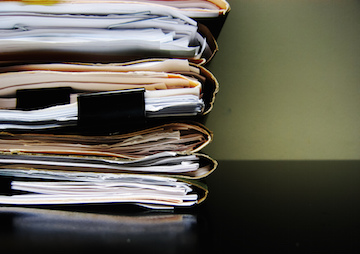 A trove of documents shows that Islamic State has been trying to rebuild everything from roads to nurseries, from the Euphrates to the Tigris. (Isaac Bowen / CC BY-SA 2.0)
A trove of documents shows that Islamic State has been trying to rebuild everything from roads to nurseries, from the Euphrates to the Tigris. (Isaac Bowen / CC BY-SA 2.0)
A trove of documents shows that Islamic State has been trying to rebuild everything from roads to nurseries, from the Euphrates to the Tigris. (Isaac Bowen / CC BY-SA 2.0)
About 340 official documents, notices, receipts and internal memos obtained by The Guardian show that Islamic State is made up of not just killers but also bureaucrats and civil servants that have “set themselves to work creating rules and regulations on everything from fishing and dress codes to the sale of counterfeit brands and university admission systems.”
The Guardian reports:
[…] they have been trying to rebuild everything from roads to nurseries to hotels to marketplaces, from the Euphrates to the Tigris. They have also established 16 centralised departments including one for public health and a natural resources department that oversees oil and antiquities.
This has been the plan all along. A 24-page statecraft blueprint obtained by the Guardian, written in the months after Isis’s declaration of a caliphate, shows how deliberate the state-building exercise has been, and how central it is to its overall aims.
Around the turn of this year, the group issued “a slew of documents directly relating to state building and job creation.”
It posted notices advertising job opportunities within the newly established department of zakat or tithes – akin to a social services department. On the education front, there were announcements about the beginning of the school term, the opening of a kindergarten and recruitment for teachers.
Isis’s civil servants also issued agricultural plans for the summer growing season and a plethora of civil regulations, those that have nothing to do with a specific ideology, such for drivers (they must carry “a comprehensive repair toolkit” at all times) and shop owners (they must not block the pavement with goods without a licence).
Furthermore:
In wider economic matters, Isis appears to have little patience with Adam Smith’s “invisible hand” and has been enforcing rent and price controls on a whole variety of goods and services from caesarean sections ($70/£46) to sugar (70 cents per kg). But the caliphate is not implementing Soviet-style levels of economic control. It allows private citizens to own property, run businesses and carry out state projects such as road building.
A copy of a payment order goes into some fascinating detail. In return for having asphalted the Iraq-Syria highway that runs alongside the right bank of the Euphrates river and planting it with trees, “so as not to expose the forces of the Islamic State” to aerial assault, someone going by the name of Abu Dujana al-Libi was paid $100,000.
Continue reading here.
— Posted by Alexander Reed Kelly.
Your support matters…Independent journalism is under threat and overshadowed by heavily funded mainstream media.
You can help level the playing field. Become a member.
Your tax-deductible contribution keeps us digging beneath the headlines to give you thought-provoking, investigative reporting and analysis that unearths what's really happening- without compromise.
Give today to support our courageous, independent journalists.
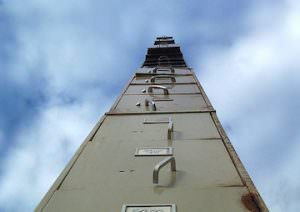
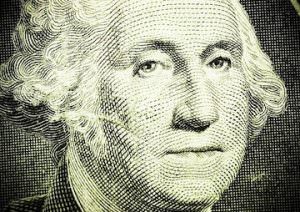

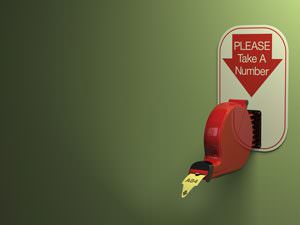
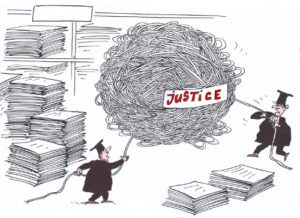
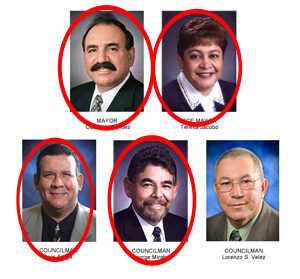
You need to be a supporter to comment.
There are currently no responses to this article.
Be the first to respond.